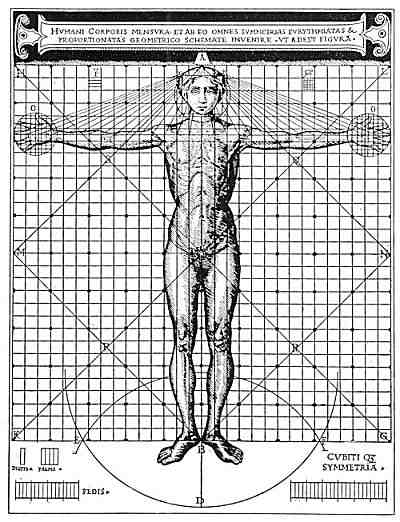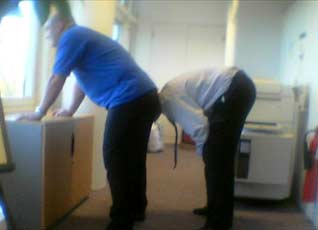yet the crisis itself is not first of all an ecological crisis. It is not first of all a
crisis concerning our environment. It is first of all a crisis concerning the way we think. We are treating our planet in an inhuman, God-forsaken manner because we see things in an inhuman and God-forsaken way. How we see the world depends above all upon how we see ourselves. Our model of the universe – our worldview – is based upon the model we have of ourselves, upon our own self image. Unless our own evaluation of ourselves, and of what constitutes the true nature of our being, changes, the way we treat the world around us will not change either. The industrial and technological inferno we have produced around us, and by means of which we are now devastating our world, is not something that has come about accidentally. On the contrary, it is a direct consequence
of our allowing ourselves to be dominated by a certain paradigm of thought that impels us to look upon ourselves as little more than two-legged animals whose destiny and needs can best be fulfilled through the pursuit of social, political and economic self-interest. And to correspond with this self-image we have invented a worldview in which nature is seen as an impersonal commodity, a soulless source of food, raw materials, wealth,
power and so on, which we think we are entitled to abuse by means of any scientific and mechanical technique we can devise and produce, in order to satisfy our self-interest. Having in our own minds de-sanctified ourselves, we have de-sanctified nature as well.
Our contemporary secular scientific mentality goes hand-in-hand with a
corresponding and increased erosion in us of the sense of the sacred. We do not have any respect, let alone reverence, for the world of nature because we do not fundamentally have any respect, let alone reverence, for ourselves. It is because we have lost the sense of our own reality that we have lost the sense of every other reality as well. It is because we cripple and mutilate ourselves that we cripple and mutilate everything else as well. Our contemporary crisis is really our own depravity writ large.
So the only real answer to this crisis is to stop depraving ourselves. It is to
recover a sense of our true identity and dignity, of our creation in the image of God, of our self image as sacred beings. Once we repossess a sense of our own holiness, we will recover a sense of the holiness of the world about us as well and we will then act towards the world about us with the awe and humility that we should possess when we enter a sacred shrine, a temple of love and beauty in which we are to worship and adore the Creator. Without a sense of the holy – that everything that lives is holy – and without
humility towards the whole – towards man, towards nature and to God Himself Who is beyond both man and nature, their transcendent source and origin – we will simply proceed headlong along the course to self-destruction to which we are now committed and which is our own choosing and for which we are entirely responsible.
Philip Sherrard (1922-1995)
(The Rape of Man & Nature: An Inquiry Into the Origins and Consequences of Modern Science)






